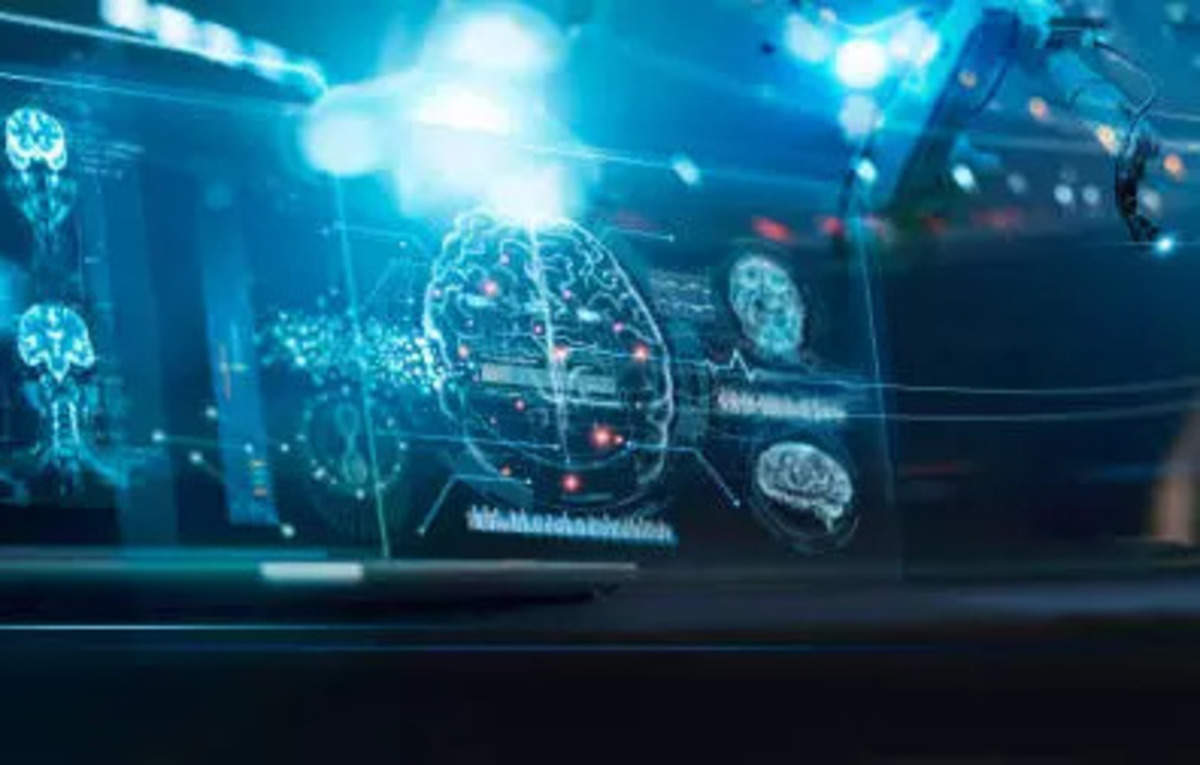By Dr Karanjit Singh Narang
In the rapidly evolving landscape of medical technology, Artificial Intelligence (AI) has emerged as a transformative force, especially in intricate fields like neurosurgery. In India, a country with a burgeoning healthcare sector, the integration of AI tools into brain surgery is revolutionising patient outcomes, procedural accuracy, and post-operative care. The amalgamation of AI with neurosurgical practices is paving the way for enhanced precision, reduced operative times, and improved patient safety.
Brain Surgery becomes necessary for individuals dealing with conditions such as tumors, epilepsy, or severe brain injuries, especially when other treatment options prove inadequate. While these procedures are intricate and come with inherent risks, their potential benefits in enhancing a patient’s quality of life are significant.
Artificial Intelligence (AI) is a field of computer science focused on enabling machines to learn, reason, and solve problems. Over recent years, advancements in AI have targeted enhancing the care of patients with Brain Tumors. AI platforms hold the promise to revolutionise the approach to brain tumor surgery. Utilising AI in brain tumor surgeries can lead to treatments that are both safer and more efficient.
Precision in Preoperative Planning
AI enhances Brain Surgery by aiding detailed preoperative planning. By analysing detailed neuroimaging data like MRI and CT scans, AI creates comprehensive 3D brain models. Along with advanced techniques like DTI and Functional Imaging, AI can help create 3D Brain models with labelled important areas of Brain like Speech area, Hand area and their connections. These models, loaded onto Navigation Systems, guide surgeons with crucial information on important structures and potential risks, ensuring surgeries are safer, more effective, and minimise harm to essential brain areas.
Navigational Assistance in Complex Procedures
AI-powered navigation systems assist surgeons in accurately navigating the complex structures of the brain during surgery. These systems employ advanced algorithms to track surgical instruments in real-time relative to the patient’s anatomy. By providing immediate feedback and adjustments, surgeons can perform intricate procedures like tumor removal or vascular interventions more confidently, minimising complications.
Enhanced Diagnostic Capabilities
AI tools enhance neurosurgical diagnostics by enabling early detection of various neurological conditions. Using Machine Learning, these tools analyse extensive data to identify subtle brain abnormalities or changes. For example, AI-based diagnostics can detect minor differences in brain tissue, helping spot tumors, degenerative lesions and aneurysms early on. This early detection allows for timely treatments, reducing complications and enhancing patient outcomes.
Personalised Treatment Approaches
The introduction of AI in Brain Surgery brings personalised treatment to the forefront. Using AI algorithms, doctors can study individual patient data like genetics, health metrics, and imaging results to create tailored treatment plans. This individualised method leads to better surgical results, reduces risks during procedures, and improves post-surgery recovery.
Post-operative Monitoring and Care
AI tools go beyond assisting during surgeries by improving post-operative care in neurosurgery. These advanced algorithms analyse real-time data like brain pressure, blood flow, and neurological conditions to spot early signs of issues. This early detection allows for prompt actions, promoting better recovery and reducing risks. Moreover, AI-based predictions help doctors anticipate outcomes, assisting in refining long-term care and rehabilitation plans for patients with complex neurosurgical needs.
While AI offers promising advancements in brain surgery within India, it also presents several challenges. Neurosurgeons require thorough training to effectively use and interpret AI tools. Moreover, concerns such as data privacy, biases in algorithms, and regulatory oversight demand careful attention. Nevertheless, ongoing research, technological advancements, and collaborative efforts are pushing the boundaries of neurosurgical care in India. As AI technology evolves, its role in brain surgery will likely revolutionise treatments, improve patient outcomes, and guide the future of neurosurgical innovation in the country.
Dr Karanjit Singh Narang, Director, Institute of Neurosciences, Medanta, Gurugram
(DISCLAIMER: The views expressed are solely of the author and ETHealthworld.com does not necessarily subscribe to it. ETHealthworld.com shall not be responsible for any damage caused to any person/organisation directly or indirectly).


